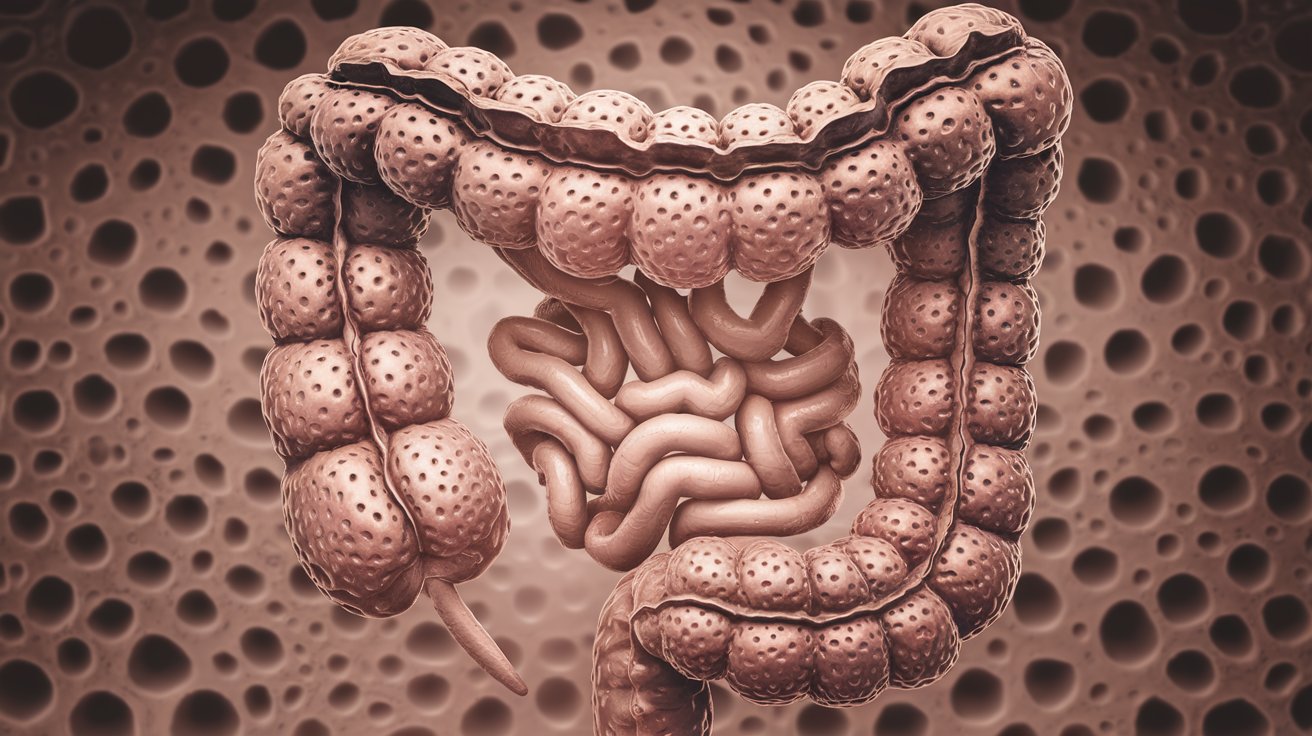
Gleich's Syndrome, also known as episodic angioedema with eosinophilia, is a rare medical condition that puzzles many. Characterized by sudden swelling episodes and a high count of eosinophils (a type of white blood cell), it can be quite alarming. But what exactly causes these symptoms? Researchers are still trying to pinpoint the exact triggers. Some believe it might be linked to allergies or autoimmune responses. How is it diagnosed? Typically, doctors look for recurring swelling and elevated eosinophil levels in blood tests. Is there a cure? Unfortunately, no definitive cure exists, but treatments can help manage symptoms. Curious about more details? Keep reading to uncover 20 intriguing facts about this mysterious syndrome.
What is Gleich's Syndrome?
Gleich's Syndrome, also known as episodic angioedema with eosinophilia, is a rare medical condition. It involves periodic swelling and an increase in a type of white blood cell called eosinophils. This syndrome can be puzzling due to its episodic nature and the variety of symptoms it presents.
-
Rare Condition: Gleich's Syndrome is extremely rare, with only a few hundred cases reported worldwide.
-
Episodic Swelling: Patients experience sudden episodes of swelling, often in the face, arms, or legs.
-
Eosinophilia: During these episodes, there is a significant increase in eosinophils, a type of white blood cell.
-
Fever: Many patients report having a fever during episodes of swelling.
-
Weight Gain: Rapid weight gain can occur during episodes due to fluid retention.
Symptoms and Diagnosis
Understanding the symptoms and how Gleich's Syndrome is diagnosed can help in managing the condition. Diagnosis often involves a combination of clinical evaluation and laboratory tests.
-
Muscle Pain: Some patients experience muscle pain during episodes.
-
Fatigue: Extreme tiredness is a common symptom.
-
Blood Tests: Blood tests showing elevated eosinophil levels are crucial for diagnosis.
-
Biopsy: In some cases, a tissue biopsy may be performed to rule out other conditions.
-
Differential Diagnosis: Doctors must differentiate Gleich's Syndrome from other causes of angioedema and eosinophilia.
Causes and Triggers
The exact cause of Gleich's Syndrome remains unknown, but certain triggers have been identified. Understanding these can help in managing the condition.
-
Unknown Cause: The exact cause of Gleich's Syndrome is still not fully understood.
-
Allergic Reactions: Allergic reactions can sometimes trigger episodes.
-
Infections: Some infections have been linked to triggering episodes.
-
Stress: High levels of stress may provoke an episode.
-
Autoimmune Factors: There is some evidence suggesting an autoimmune component.
Treatment and Management
Managing Gleich's Syndrome involves addressing symptoms and preventing episodes. Treatment plans are often tailored to the individual.
-
Steroids: Corticosteroids are commonly used to reduce inflammation and swelling.
-
Antihistamines: These can help manage allergic reactions that may trigger episodes.
-
Immunosuppressants: In some cases, immunosuppressant drugs are used.
-
Lifestyle Changes: Stress management and avoiding known triggers are important.
-
Regular Monitoring: Regular check-ups and blood tests are essential for managing the condition.
Final Thoughts on Gleich's Syndrome
Gleich's Syndrome, though rare, offers a fascinating glimpse into the complexities of the human body. This condition, marked by recurrent episodes of swelling, fever, and increased white blood cells, challenges both patients and doctors. Understanding its symptoms and triggers can lead to better management and improved quality of life for those affected. While there's no cure yet, treatments like corticosteroids and antihistamines can help control flare-ups. Staying informed and working closely with healthcare providers is key. Awareness and research are crucial in finding more effective treatments. Keep an eye on new developments in medical research, as they hold promise for future breakthroughs. Remember, knowledge is power when dealing with any medical condition. Stay curious, stay informed, and never hesitate to seek professional advice if you or someone you know shows symptoms of Gleich's Syndrome.
Was this page helpful?
Our commitment to delivering trustworthy and engaging content is at the heart of what we do. Each fact on our site is contributed by real users like you, bringing a wealth of diverse insights and information. To ensure the highest standards of accuracy and reliability, our dedicated editors meticulously review each submission. This process guarantees that the facts we share are not only fascinating but also credible. Trust in our commitment to quality and authenticity as you explore and learn with us.


